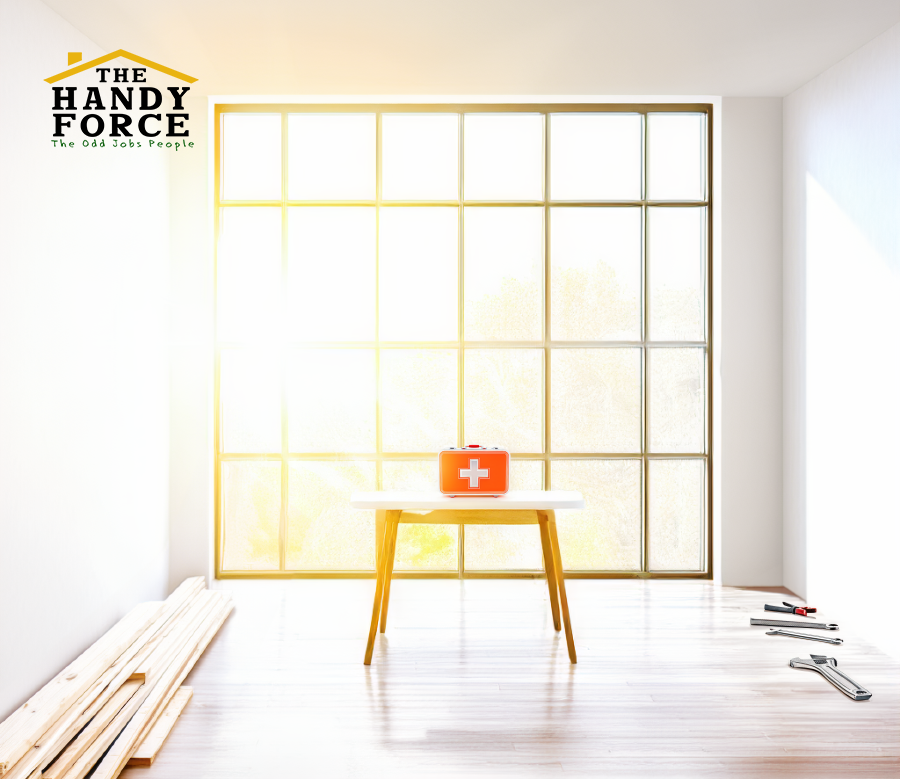Renovating your home comes with many challenges, from finding the right projects that will give the best results to sourcing the materials you need and performing the required tasks. However, there is also the question of safety involved, especially with larger renovations.
To keep you safe and your project running on time, you should do what you can in order to avoid a trip to the emergency room. So, in this article, we will provide you with a quick and easy overview of the most important things to keep in mind as you renovate your home. Enjoy!
Planning Ahead
Before starting your project, having a good plan about the project’s overall scope is crucial. Not only does it help your wallet in terms of budgeting better, but it also should give you an idea of what tools you will be using and allow you to take the correct precautions and measures before it is too late.
Depending on your renovation project, you might need to comply with local regulations or seek permits, which typically indicates that the task at hand requires more care than usual. Planning will thus help you identify potential hazards and mitigate the risks involved.
Wear Protective gear
It should go without saying, but one important part of personal safety is using adequate protective gear. In 2020, more than 40% of the emergency room visits from people doing DIY projects were due to lacerations.
Therefore, you should always ensure you have the appropriate protective gear before starting any task, especially those involving sharp objects or hazardous materials. This could include wearing gloves to protect from cuts or burns and safety goggles when you expect flying debris or particles.
Electrical Safety
Always ensure that your electrical systems are turned off before unscrewing wire connections, replacing electrical components, or otherwise working on electrical circuits. Use the proper tools and follow all the guidelines and codes to stay safe and compliant.
While it is possible to renovate your electrical system on your own, many people find working with electrical components or wiring daunting. If you are unsure how to proceed, it is best to contact a professional to get the job done safely and correctly. Not only will you avoid immediate danger, but you can also spend your time renovating other parts of your home instead. If you need help, feel free to contact us at The HandyForce today.
Tool Safety
Another tip we highly recommend is keeping your tools safely stored when not in use. This includes sheathing sharp tools to avoid getting cut and unplugging power tools when you are done using them. Staying organized goes hand in hand with proper tool safety, saving you the trouble of spending hours looking for that one tool you need and keeping you safe at the same time.
If you are transporting heavy tools, make sure that their containers or carrying cases are closed properly so you do not drop them on your feet or cause damage. Also, inspect your tools on a regular basis to ensure they are in good working condition and unlikely to break while you are working with them.




